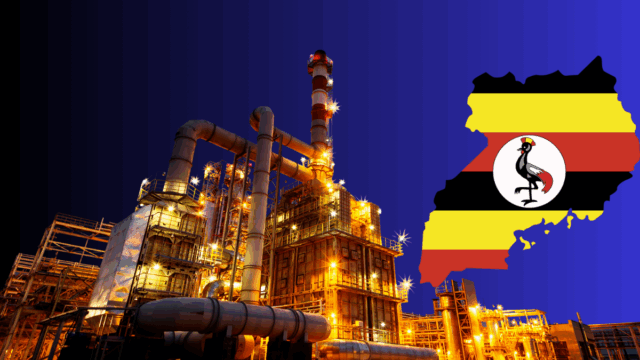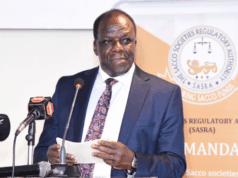Uganda has officially launched its first fully Ugandan-owned gold refinery, a milestone achievement in the country’s ongoing effort to harness its natural resources for domestic growth and regional leadership.
The facility, hailed as a strategic move towards economic sovereignty, is expected to process locally mined gold and export value-added products to international markets.
The refinery, built and operated by Ugandan investors without foreign ownership, aims to enhance transparency, create jobs, and ensure that a greater share of the country’s gold wealth stays within its borders.
Officials say the facility will process up to several tons of gold annually, positioning Uganda as a key player in Africa’s rapidly growing precious metals industry.
The new Euro Gold Refinery in Kampala means gold will now be mined, refined, and soon crafted into world-class jewelry—all within Uganda.
With 31.5 million tonnes of gold ore and more deposits being discovered, the country is shifting from exporter of raw gold to full-scale producer.
The goal?
A “Made in Uganda” brand of 99.9% pure gold rings, bracelets, and ornaments targeting the global market.
Backed by a $50 million investment, 80 acres of mining land, and thousands of new jobs, the refinery blends local resources with Italian tech.
The government is also stepping up—cutting energy costs, building infrastructure, and preparing gold reserves at the central bank to boost financial security.
Gold has increasingly become one of Uganda’s top exports, contributing significantly to foreign exchange earnings.
However, much of the gold mined in the country has traditionally been processed and refined abroad, particularly in Dubai and Europe — a model that critics argue leads to lost revenue and dependency.
The launch of the Ugandan-owned refinery addresses long-standing concerns over foreign control and opaque export systems.
By refining gold domestically, the government aims to increase oversight, boost local employment in the mining and processing sectors, and establish Uganda as a hub for ethical and traceable gold exports in East Africa.
Industry experts also believe the refinery could attract miners from neighboring countries such as the Democratic Republic of Congo and South Sudan, further enhancing Uganda’s regional economic influence.
Despite the excitement, questions remain about regulatory oversight, environmental practices, and how profits will be distributed across communities involved in gold mining — many of which remain underdeveloped.
Nonetheless, the launch represents a significant step forward in Uganda’s broader agenda to industrialize its natural resources and reduce reliance on foreign interests.















